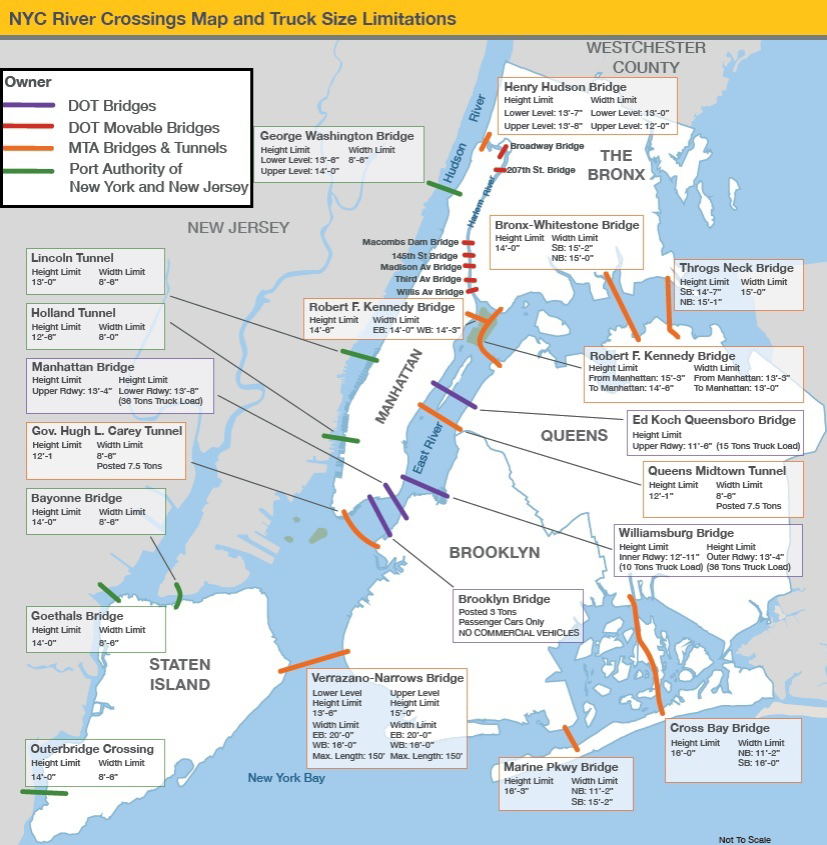As a result of the COVID-19 pandemic, the importance of supply chains and their role in delivering goods and services to our communities is at the forefront of our nation’s agencies as they work with state and local leaders to provide safety to their residents. For the Federal Emergency Management Agency (FEMA), it’s critical that supply chain networks are functioning at capacity as people’s lives and the ability to recover from a disaster depend on them.
Our firm supports FEMA with Supply Chain Analysis Network (SCAN) services through our IDIQ Logistics Construction and Support Contract (LCSC). Through this contract, we provide a broad range of project management and related professional services in support of the implementation of FEMA’s disaster response and recovery operations. Working closely with FEMA Logistics Management Directorate (LMD), Individual Assistance Program, and regional office personnel, our disaster and recovery professionals provide FEMA with the technical assistance capability and resources that are necessary after a disaster.
When a disaster strikes and supply chains are disrupted, it can cause havoc on the private sector and government’s abilities to get critical supplies to affected individuals. Our team of supply chain analysts, engineers, planners, GIS analysts, and emergency management professionals play an integral role in helping FEMA understand supply chains, including grid power, transportation infrastructure, pipelines, telecommunications networks, and banking systems.
When a disaster strikes and supply chains are disrupted, it can cause havoc on the private sector and government’s abilities to get critical supplies to affected individuals. Our team of supply chain analysts, engineers, planners, GIS analysts, and emergency management professionals play an integral role in helping FEMA understand supply chains, including grid power, transportation infrastructure, pipelines, telecommunications networks, and banking systems.”
Joe Goetz
Pandemic Response Guidance
A valuable and important component of the LCSC contract is the work that SCAN oversees. From March to June 2020, SCAN supported FEMA Headquarters LMD by providing strategic and operational crisis action analysis of national and regional food, water, and freight supply chain networks as a result of the COVID-19 pandemic. Our team analyzed global and national supply chain disruptions and developed and maintained a list of recommendations on policies impacting private-sector supply chains for FEMA leadership to help shape the decision-making process and to verify the pandemic response actions were conducted while maintaining a robust supply chain for key commodities. Deliverables included multiple national supply chain ecosystem, traffic, and freight assessments; and multiple regional supply chain ecosystem, traffic, freight, ports, and lifeline assessments, such as food, water, and fuel lifelines. National and regional ecosystem assessments were developed through extensive research and validated by previously identified industry experts from across the key commodity industries. This approach provided an operational review and agreement by industry/private-sector subject matter experts.
 Map of all bridges and tunnels providing access to New York City used to track disruptions to supply chains serving NYC during COVID-19 pandemic response in 2020.
Map of all bridges and tunnels providing access to New York City used to track disruptions to supply chains serving NYC during COVID-19 pandemic response in 2020.
Hurricane Response Support
During 2020, our firm, with CNA Corporations, American Logistics Aid Network, and Massachusetts Institute of Technology Center for Transportation and Logistics, oversaw the activation of numerous teams of supply chain analysts, engineers, planners, GIS analysts, and emergency management professionals to support the FEMA LMD to collect and analyze data on the private-sector supply chains along the paths of Tropical Storm Marco, Hurricanes Laura and Delta, and the Puerto Rico earthquake. During these responses, SCAN advised the director of FEMA LMD and staff on the status of life sustaining private-sector supply chains (food, water, energy), their critical enablers (grid power, transportation infrastructure, pipelines, telecommunications, and banking systems), and the upstream portions of these supply chains outside the impacted areas. The team analyzed impacts to supply chain lifelines for the Gulf Coast of Texas, Louisiana, Mississippi, Arkansas, Alabama, Florida Panhandle, and Puerto Rico.
Cyber Attack Resilience
In response to the cyber-attack that temporarily shut down the Colonial pipeline in May 2021, SCAN conducted a national fuel supply chain analysis, including the Colonial pipeline and other key private-sector corporations involved in the production and transportation of refined petroleum products in the U.S. With most of the supply chain coming from the private sector, understanding their capabilities and resilience during disasters—including cyber—is a key factor in understanding disruptions to the fuel lifeline and cascading impacts on downstream fuel terminals and retail stations.
After a disaster, the critical work behind the scenes is taking place to get the necessary infrastructure up and running so our fellow citizens can begin the path to recovery. We work with FEMA to keep their leadership role in disaster recovery operations as seamless as possible.